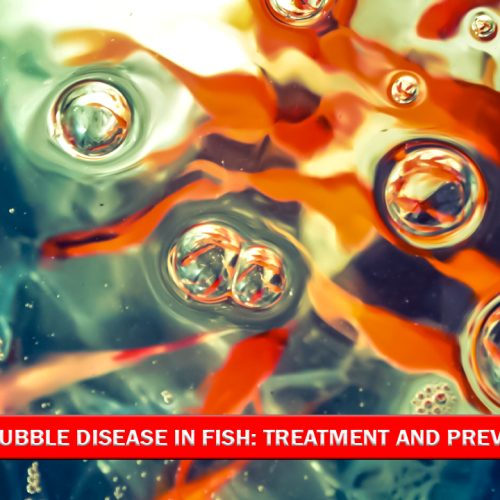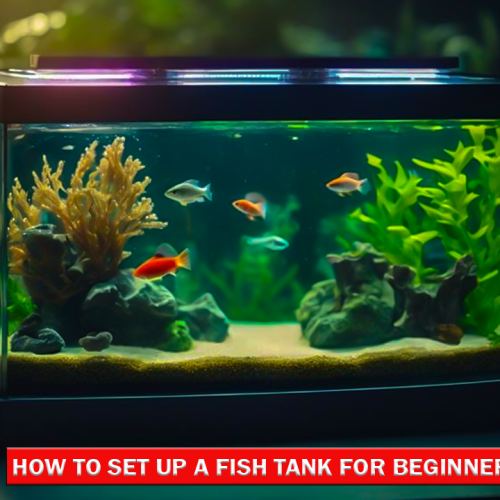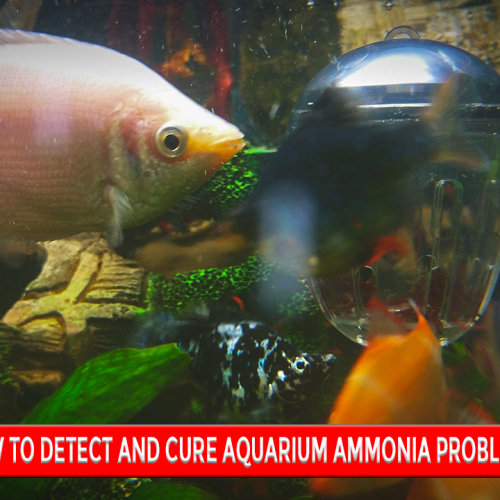10 Homemade Fish Food Recipes for Healthy Aquatic Pets
Preparing nutritious food for your fish at home can elevate the health and vigor of your aquatic pets while giving you complete control over what they eat. Preparing homemade fish food at home not only saves cost but is also customized to fit the specific needs of your aquatic pets. Here are 10 simple recipes for healthy fish food.
1. Spirulina Veggie Mix
 Ingredients:
Ingredients:
- 2 cups spinach
- 1 tablespoon spirulina powder
- 1/4 cup boiled peas
- Gelatin or agar-agar (as a binder)
Instructions:
Mix spinach, spirulina, and peas to a smooth paste. Add dissolved gelatin to the mixture and let it set. Divide into small cubes ready to feed.
Benefits:
High in vitamins, minerals, and protein to support the immunity.
2. Egg Yolk Paste
Ingredients:
- 1 hard-boiled egg yolk
- 1/4 cup water
Instructions:
Mix the egg yolk with water to a smooth paste. Feed tiny bits to fry or small fish.
Benefits:
High in proteins, ideal for baby fish.
3. Shrimp and Fish Mix
Ingredients:
- 1/2 cup cooked shrimp
- 1/4 cup white fish fillet
- 1 teaspoon fish oil
- Gelatin for binding
- Mix all ingredients.
Blend shrimp and fish fillet into a puree. Mix in fish oil and dissolved gelatin. Let it set and cut into small portions.
High in protein and omega-3 fatty acids, thus aiding in growth and coloration.
4. Algae and Vegetable Patties
Ingredients
- 1/2 cup kale
- 1 tablespoon dried algae
- 1/4 cup carrots (boiled and mashed)
- Gelatin for binding
Recipe:
Mix all ingredients in a paste along with gelatin, let it set, shape into small patties.
Benefits:
Good for herbivorous fish that are full of fiber and nutrients.
5. Fruit and Veggie Mix
Ingredients:
- 1/2 cup boiled zucchini mashed
- 1/4 cup strawberries
- 1 tablespoon spirulina powder
- Gelatin for binding
Recipe:
Mix all the above ingredients and mix gelatin, pour it in ice cube shapes and freeze
Benefits:
Full of antioxidants and other vitamins, helps keep the overall health in check
6. Pea and Garlic Mix
 Ingredients:
Ingredients:
- 1/2 cup boiled peas
- 1 clove garlic
- 1 tablespoon fish oil
Recipe:
Mash peas and garlic together. Add fish oil and offer fresh or freeze in portions.
Benefits:
Garlic is known to boost immunity, while peas ensure that bloating from the fish doesn’t occur.
7. Protein-Rich Gel
Ingredients:
- 1/2 cup cooked chicken liver
- 1/4 cup boiled carrots
- 1 teaspoon multivitamin powder
- Gelatin to bind
Instructions:
Puree the chicken liver and carrots, mix in the vitamins, and add the gelatin. Let it set and portion.
Benefits:
It provides high protein and essential vitamins for growth.
8. Seaweed Snacks
Ingredients:
- 1 sheet nori (seaweed)
- 1 tablespoon spirulina powder
Instructions:
Cut nori into small pieces and sprinkle spirulina powder. Place in an airtight container.
Benefits
Good for herbivorous fish, high in iodine and fiber.
9. Insect Protein Mix
Ingredients
- 1/2 cup dried insects (mealworms or crickets)
- 1/4 cup oats
- Gelatin for binding
Instructions
Grind insects and oats into fine powder. Combine with gelatin and form into pellets.
Benefits
Protein source from natural food, similar to natural diet of a fish.
10. Rice and Veggie Blend
Ingredients
- 1/2 cup cooked rice
- 1/4 cup boiled green beans
- 1/4 cup carrots (boiled)
Instructions:
Blend all ingredients into a paste. Freeze in small portions.
Benefits:
Provides energy and essential nutrients, ideal for omnivorous fish.
Tips for Homemade Fish Food
- Freeze: Homemade fish food can be frozen for long-term storage.
- Portion Control: Feed small amounts to prevent overfeeding and water pollution.
- Experiment: Adjust ingredients based on your fish’s species and preferences.
Conclusion
Homemade fish food is nutritious, low in cost, and an environmentally friendly solution to caring for your aquatic pet. Understanding your fish’s dietary needs and using a variety of fresh ingredients in meals will promote them to be healthier and live longer. Test out these recipes and have a thriving aquarium!
FAQs (frequently-asked questions)
Yes, if it will give a balanced diet tailored according to your fish species.
Feed once or twice daily, depending on your fish’s dietary needs.
Yes, only if they are fish-safe ingredients without additives or spices.
This can last up to three months if stored properly.
No, adapt recipes to your needs of individual fish.




